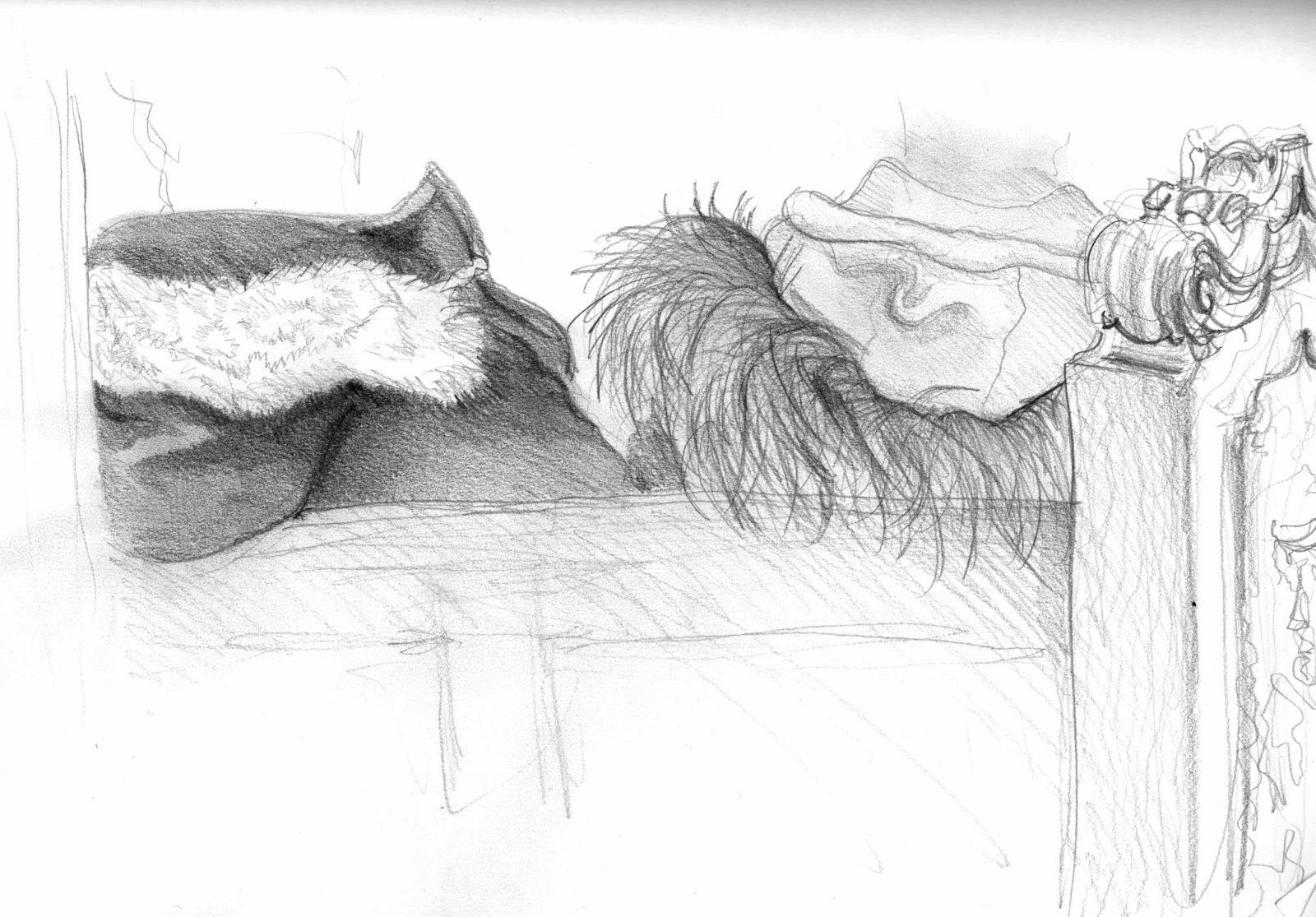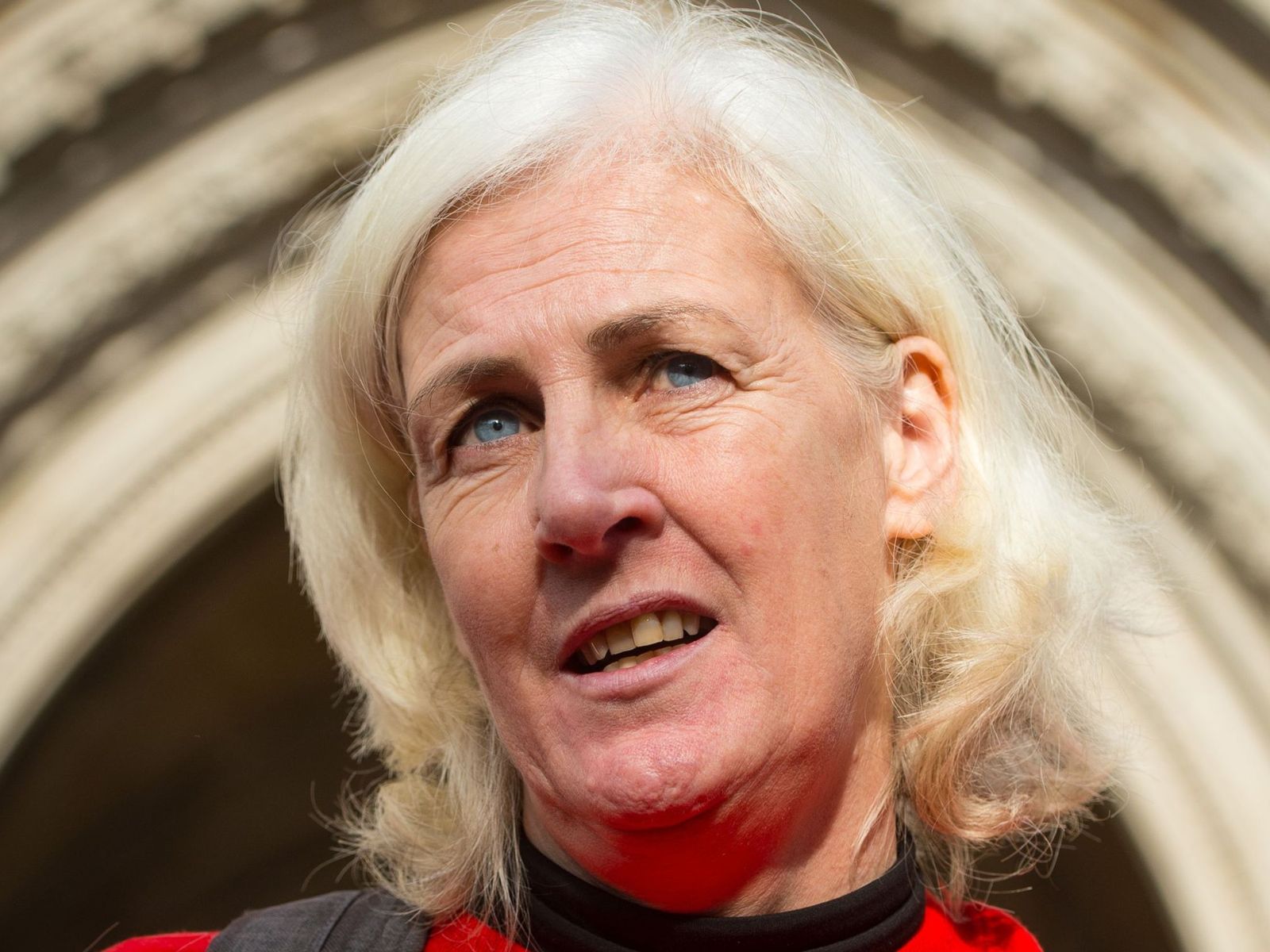[contextly_auto_sidebar]

Sketch by Isobel Williams, R v Jogee, www.isobelwilliams.blogspot.co.uk
When JENGbA (Joint Enterprise Not Guilty by Association) was formed in September 2010, we had no idea how many people were serving life in prison for murders committed by other people. Neither did the CPS which did not even bother to record when the common law doctrine of joint enterprise was applied in multiple prosecutions.
We suspected the number might be large but nothing like the 600 (and growing) who have been discovered so far. It is no wonder that the Council of Europe’s figures show that the UK has the largest proportion of lifers for the population than the rest of Europe combined. The projected cost of incarcerating so many prisoners for long sentences is staggering. It is also no wonder that the prison estate is bursting at the seams in England & Wales.
We knew joint enterprise was unfair and that it discriminated against people for being poor, young, black, Asian or from other ethnic minorities. We knew the popular press was quick to swallow the easy label of ‘gang murder’ fed by politicians from all parties vying to be seen as ‘tough on crime’. We saw some police spokespersons gloating triumphantly as they claimed the streets were safer due to the deterrent of joint enterprise, although knife crime is currently on the rise. We witnessed the ease with which the CPS scored easy convictions on the basis of what someone supposedly anticipated another person might do. Joint enterprise had become the perfect thought-crime and the UK was supposedly the better for its wide application in the courts.
But we did not yet know how to tackle this injustice. Our Inside Campaigners, as we call the growing number of joint enterprise lifers, were reviled in the media as the worst of the worst and blamed for the most appalling acts of cruelty and violence possible. What could a small group of women and families do to change the law?åå
We talked, we met, we sought advice from concerned legal professionals. We learned as much as we could about this Common Law doctrine and found who was speaking out against its misuse. We were surprised to discover that some very distinguished politicians, senior judges, legal academics and many others shared our concerns.
And as the JENGbA family grew, our Outside Campaigners became more confident and our voices grew louder. We knew we were making headway when knee jerk critics poured scorn on our campaign and some career politicians tried to write us off as misguided do-gooders and families of criminals who were too blinded to accept the reality of what our loved ones had done.
But we didn’t slink away defeated and ashamed. We knew we were right to challenge this legal abuse and we gained more interest and support. JENGbA has been aided, guided and bolstered in our campaign by many wonderful supporters, from ordinary people helping stuff newsletters into envelopes and joining demonstrations to extraordinary people – actors, musicians, authors, legal practitioners & lecturers, reporters and even some politicians from all leanings who put hard principles before cheap popularity.
It all culminated in the UK Supreme Court this week with the electric moment when Lord Neuberger declared that the law had taken a wrong turning 30 years ago. JENGbA finally knew our campaign with others for joint enterprise reform had been successful. The imbalance in the criminal law of England, Wales and Northern Ireland had shifted towards fairness and a higher evidential threshold needed for conviction had been restored. Prosecutors would have to work harder to prove guilt and individual responsibility would matter more than collective liability.
But what now for the 600-plus already known to JENGbA and for other unknown joint enterprise lifers? And what now for JENGbA itself?
It is far from over. The hard work begins of ensuring all those convicted unfairly by joint enterprise are identified and their cases reviewed as quickly as possible. JENGbA will hold those charged with this task to account. The means by which the courts and Ministry of Justice will deal with those affected by this week’s landmark ruling have yet to be worked out. We wait for the UK government’s response and to hear exactly what is proposed. But JENGbA will not rest until all the men, women, boys and girls condemned unfairly to life sentences by Joint Enterprise are given fair justice.
For some, the convictions should be erased and they should be helped to rebuild their lives as innocent, exonerated citizens. For others, the murder convictions should be quashed and replaced by lesser convictions with smaller penalties. For few, their guilt may not alter and sentences remain in force but even for these they should be afforded a case review to ensure the law has properly taken its course.
Those affected by unjust convictions should be given legal help as the cost of doing so is far outweighed by the burden on the state of keeping them unfairly locked up. The overcrowding of prisons will be eased and huge savings can be achieved in the process of redressing injustices. Help and compensation should be available for those whose lives have been cruelly disrupted by unfair convictions. Again, this is a small cost against the public financial burden of incarcerating people unjustly for many years. The personal costs of injustice on the prisoners and their loved ones cannot be calculated but JENGbA feels some provision to help those affected must be offered, not as an appeasement for judicial abuse but as a marker of a civilised society.
We wait to see what happens but we will not wait too long. Your call, Mr Gove.







